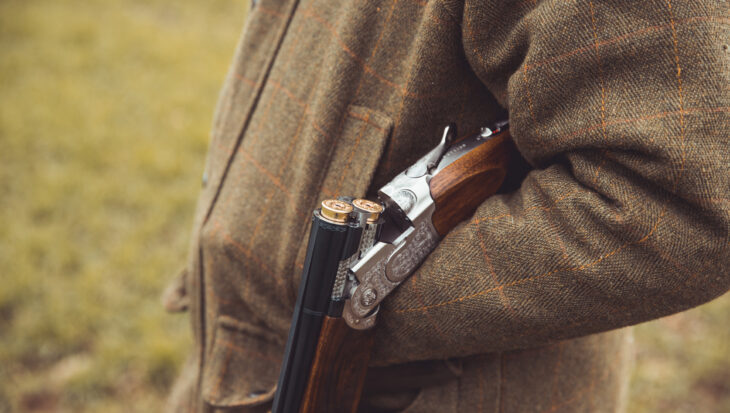Ban on the use of lead shot – finally!
Posted 10 Jul 2025

Posted on the 15th March 2010
After more than six years of campaigning and undercover exposés by Animal Aid of battery cages used for 'game birds', the government has today issued a new industry Code of Practice that effectively outlaws the contraptions.
The controversy over the devices, which are used for game bird ‘breeding stock’, began after Animal Aid’s undercover footage was shown on national TV in November 2004. The country’s leading shooting lobby group, the British Association for Shooting and Conservation, quickly realised that the cages were indefensible and issued a public statement calling for them to be banned. Its move caused a deep schism within the shooting industry that has persisted to this day.
The Department of Environment, Food and Rural Affairs (Defra), after a long process of deliberation and consultation, has today pronounced upon the matter through its ‘Code of Practice for the Welfare of Gamebirds reared for Sporting Purposes’.
Among its provisions are that ‘all laying systems for pheasants should provide a minimum space of 1 square metre per bird’. Caged breeding pheasants currently typically have a ninth of this space. The new requirement effectively makes the cages economically and logistically impractical.
Made of wire mesh and holding around eight female pheasants and one male, the cages expose the birds to the elements all year round. Partridges are confined in breeding pairs in metal boxes that are correspondingly smaller and just as bleak as the pheasant units.
Sadly, the new Code maintains the status quo with regard to the partridge cages. It sets a space allowance per bird that current systems fall within.
Animal Aid has campaigned for more than a decade for a ban on the production of birds for so-called sport shooting. Holland has just such a prohibition. However, an important interim gain would be to see the back of the appalling battery cages that confine breeding birds, open to the elements all year round, inside cramped, steel and mesh boxes. We first exposed these vile contraptions in 2004. Our campaign has not let up ever since. The government prevaricated but now it has taken this important and heartening decision. It has done so in the face of a chorus of self-interested squeals of complaint from shooting industry bodies, which regard the millions of birds they produce and release every year as nothing more than feathered targets. We’re deeply disappointed that the government has not acted against partridge cages. Our campaign to end their use will continue.
More information: For more information and interviews, contact Andrew Tyler or Kit Davidson on 01732 364546.
Posted 10 Jul 2025

Temperatures are rising and it’s time to get outdoors, enjoy the weather and tuck into some delicious vegan food! Thanks to an abundance of plant-based options now available, there’s an alfresco option for every tastebud...
Posted 09 Jul 2025
